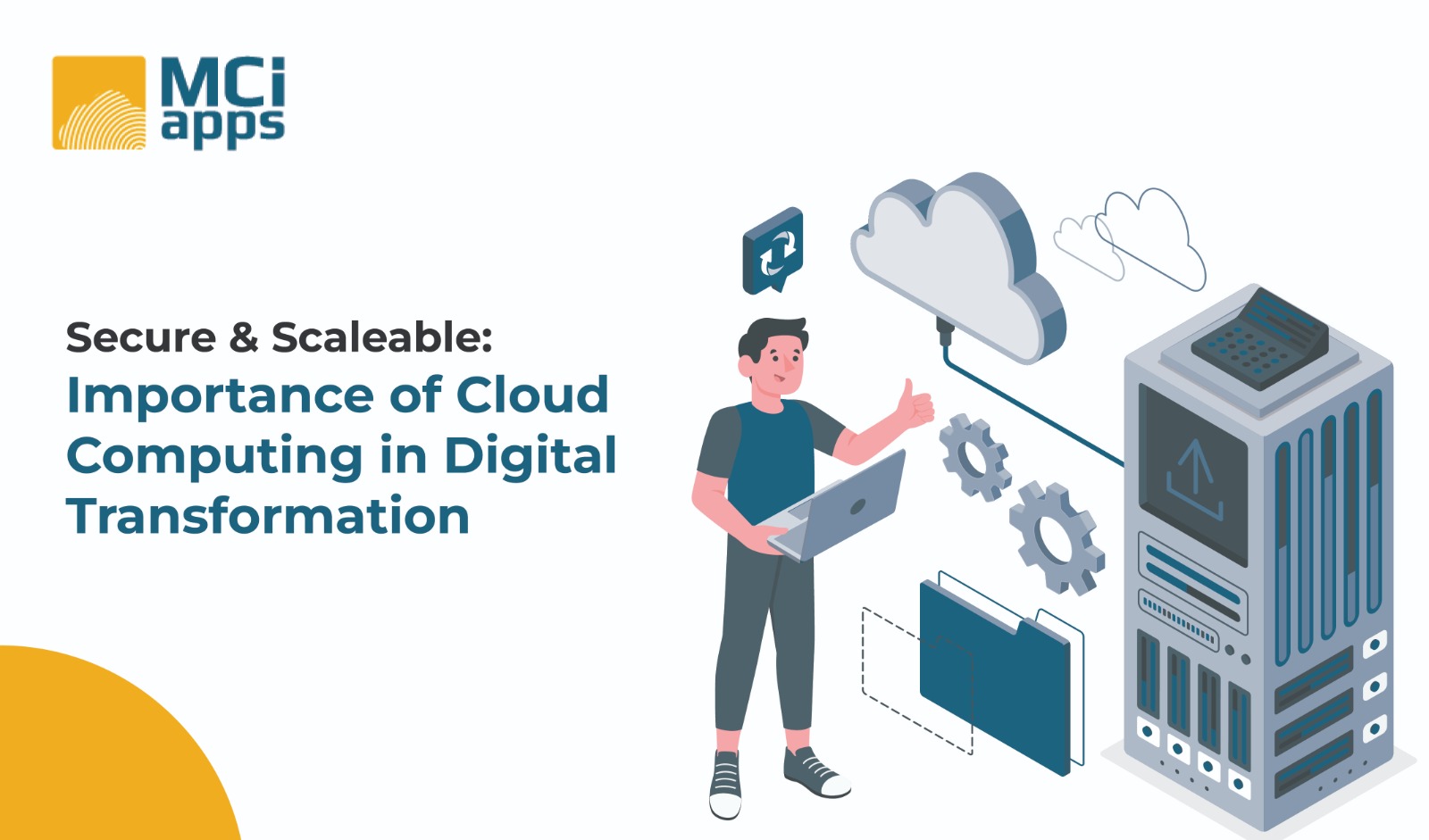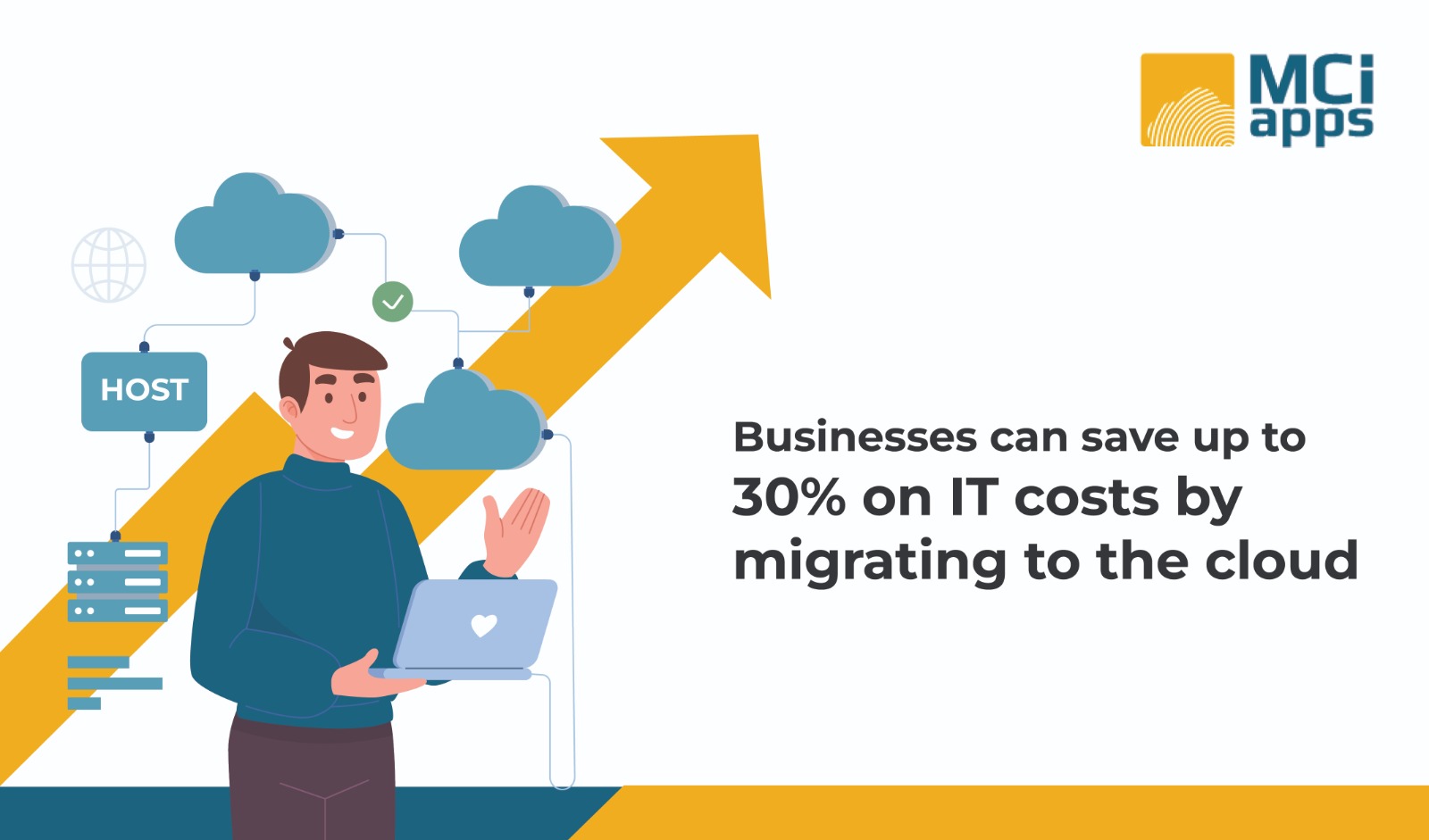
Secure & Scaleable: Importance of Cloud Computing in Digital Transformation
Technology changes at a rapid pace and businesses are increasingly turning to digital transformation to stay competitive. But what does digital transformation entail, and why is it so crucial? Simply put, digital transformation refers to the integration of digital technologies into all areas of a business, resulting in fundamental changes to how companies operate, interact with customers, and increase ROI.
One technology that plays a critical role in digital transformation is cloud computing. This article explains the importance of cloud computing in digital transformation and why it is the ideal solution for most businesses.



